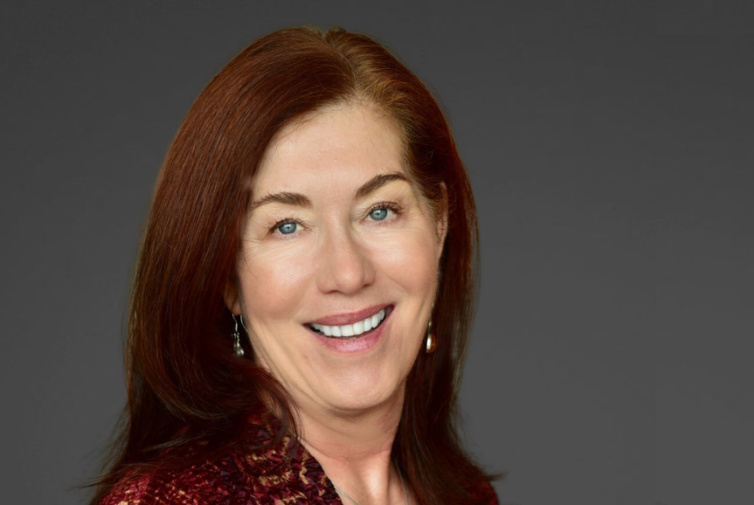Intervju med Linda Pribe
Vi ställde några frågor till Linda Pribe inför konferensen IT-rätt offentlig sektor den 14 mars.
Linda Priba är Keynote speaker på Ability Partner konferens IT-rätt offentlig sektor den 14 mars. Vi ställde några frågor till henne inför hennes anförande.
Can you tell us a little more about yourself – what do you work on today and your background?
I have been helping international companies with their EU and U.S. data privacy/protection compliance including under the GDPR and U.S. state and national laws for 10 years. That includes drafting and negotiating data protection agreements and communicating with regulatory agencies in the U.S. I worked on children’s privacy compliance in digital and social media at the White House Office of Drug Policy as Deputy General Counsel and Ethics Official for 14 years. Before that, I helped persons in mental health facilities, jails, and prisons to access and correct their mental health records.
What challenges do you see today in terms of IT laws and compliance with these legal requirements?
The number of new data privacy/protection laws and enforcement in the U.S and around the world is growing faster and faster especially in response to Artificial Intelligence. I feel like I am trying to drink from 2 fire hydrants: 1 in the EU and 1 in the U.S. In the U.S. we have over 100 data privacy and security laws at the state level and in 2024 there are 12 new comprehensive state consumer privacy laws with many more coming soon. Regrettably, they can be quite different. How companies decide which laws to comply with and how to keep up with new laws can be very difficult, confusing, and risky.
How can one work to deal with these challenges? What is required of those who work to comply with all laws connected to IT?
My clients generally use a risk-based approach choosing to comply with the strictest laws that apply to their business operations. More and more, my clients are also emphasizing data minimization to reduce their compliance obligations and risks. Less data equals less compliance. This is unique in the U.S. where we have a history of collecting as much data as possible and figuring out how to use it later.
At the conference, you will lecture on “From Schrems II to adequate level of protection – international data transfers according to the EU-US Data Privacy Framework2. Can you mention something about what the participants will gain from your presentation?
My presentation will help attendees identify their greatest risks from EU-US data transfers, how to reduce those risks, and how to attract more international business opportunities.
Intervjun är gjord av Frida Carlsson, Ability Partner

Dela: